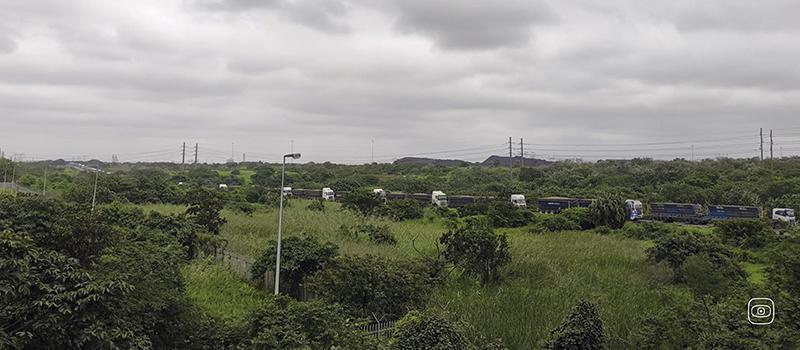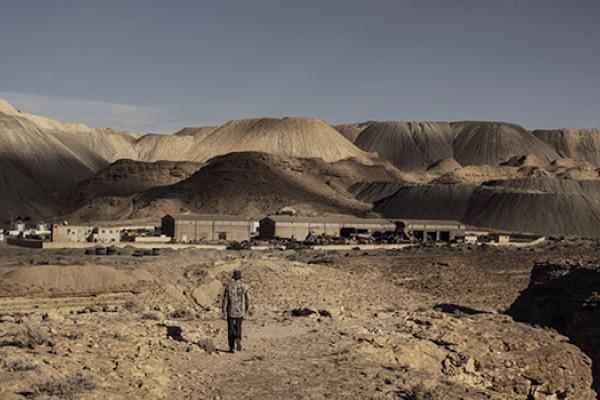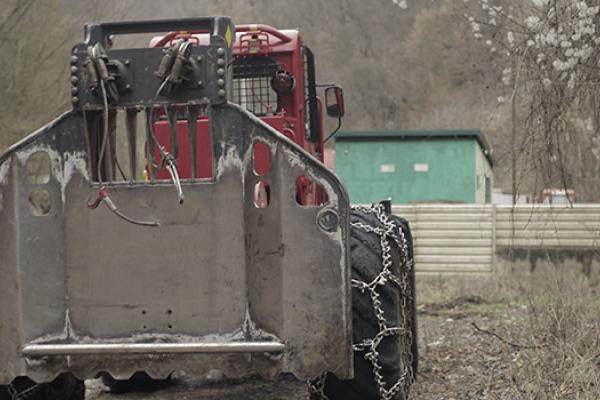South Africa's economy is underpinned by the mining and export of coal, the country has vast reserves and the industry accounts for a significant proportion of GDP and thousands of jobs. Following Russia's invasion of Ukraine and subsequent sanctions, the global coal market was shaken and EU countries rushed to find new suppliers - many turned to South Africa and EU coal imports from South Africa exploded. As the price of the commodity rose, new coal mines sprang up across South Africa, Africa's biggest polluter.
This team of investigative journalists visited the South African regions of Mpumalanga and KwaZulu-Natal to find out what the effects of the global boom in coal consumption look like, and what it's like to live near the mines that produce the coal that keeps the EU's economy ticking.
The investigation shows that despite the EU pledging billions to wean Africa's largest economy off coal, the bloc has increased its imports from the country. Meanwhile, the regions of South Africa that supply the world with coal face dire environmental, socio-economic and health impacts from mining. The experts we spoke to believe that while South Africa continues to reap the rewards of coal exports, it will struggle to embrace an energy transition that is just, home-grown and defined by the material conditions of its communities. But failing to shift its economy away from the world's most polluting fuel, coal, could be just as disastrous for the country.
Photo Credit: Oliver Stallwood






